Athleticism and Veganism – Protein
Put some beef into it!
In order to be fit, healthy and have muscle you need to consume protein. Lots of it apparently. More often than not that protein is recommended to be sourced from an animal; lean beef for example or you could choose to eat chicken, turkey, pork or fish.
Now if you follow a plant-based diet, where do you get your protein? Plants. Plant products such as soy; tofu, tempeh and edamame, lentils, chickpeas, nuts, spirulina, quinoa, chia seeds, hemp and the list can go on.
What is protein?
Protein is made up of chemical building blocks called amino acids and the body uses amino acids to build and repair muscle and bones and to make hormones and enzymes. Protein is also an energy source after carbohydrates and fat. Pretty important to our health you might say.
How much protein do we need?
Like any nutrient, in particular protein it should be of great importance to all of us (not just vegans) that we are consuming adequate amounts in our daily diet. The government’s guidelines recommend the following daily intake for people aged 19–70: Men: 0.84g per kilogram of body weight per day. For example, if a man weighs 85kg, his recommended intake is approximately 71g. Women: 0.75g per kilogram of body weight per day.
This figure will change slightly for individuals who work out/train regularly and will change depending on what type of sport/activity they engage in especially when it comes to repair and recovery from an increased athletic load.
Bodybuilders and strength-based athletes also need to ensure they consume higher amount of protein due to their sport requiring them to make muscle gains as quickly as possible.
Is there enough protein in a plant-based diet?
Yes of course there is. If anything, in our Western culture the problem isn’t that we aren’t getting enough protein, it’s we are consuming too much. Most Australians eat at least twice as much protein as they need which can be detrimental to your health (and this figure isn’t based on plant-based protein).
For planters; protein is sourced from every day foods such as whole wheat bread, nuts, oats, beans, corn, peas, mushrooms, tofu, tempeh, seitan and green leafy vegetables such as broccoli and kale. If these foods are consumed through the day in each meal you are certainly going to be consuming adequate protein.
Cut out the middle cow
Contrary to what people think, majority of the animals that people eat for protein get their protein from plants. For example, cows, elephants, rhinos, horses and gorillas are all herbivores with 100% of their diet coming from plants. Cattle and other herbivores do not naturally eat meat so would you ask a gorilla or a cow where they get their protein from?
Other nutrients under the microscope for a vegan athlete
And calcium, isn’t calcium found only in dairy milk?
That is what the dairy industry wants you to believe. The plant kingdom offers plenty of calcium in vegetables such as okra, broccoli, dark leafy greens; kale, spinach, watercress and Asian green. Foods such as dried figs, chia seeds and almonds also contain adequate amounts of calcium. Majority of plant-based milks and soya products (tofu) are fortified with calcium for that additional boost.
Can Omega 3 be sourced from plants?
The omega 3 nutrients are vital for the immune system, brain function, nerves and eye health so it’s important that it is consumed on a regular basis. Plant-based sources include algae, flaxseed and flaxseed oil, hempseed and hempseed oil and walnuts.
Do I need to eat beef to obtain quality iron?
Iron is an extremely important micro-nutrient especially for women. For a planter, iron-rich foods include green leafy vegetables (kale, spinach), dried apricots, figs, dates, beans, lentils, tofu, millet and pumpkin seeds. Various breakfast cereals such as special K are fortified with iron and should play an important role in your daily diet.
Should I be worried about zinc?
Zinc plays many vital roles in the body especially as your body can’t produce or store it. You must obtain this essential nutrient through your diet. Zinc is the second most abundant trace mineral in your body after iron. Zinc is essential for cell growth and division, immune function and protein production.
Food sources include; legumes (chickpeas, lentils, black beans, kidney beans), nuts and seeds (pumpkin seeds, cashews, hemp seeds), wholegrains (oats, quinoa, brown rice) and certain vegetables such as mushrooms, kale, peas, asparagus and beet greens.
Am I right in thinking, B12 cannot be found in plant-based foods?
Yes, this is right. Vitamin B12 is produced by bacteria – not animals but is readily found in animal foods including meat, fish, poultry, eggs and dairy. B12 plays an essential role in red blood cell formation, nerve function, the production of DNA as well as maintain normal brain function.
For a planter, B12 is added to some foods such as fortified breakfast cereals, nutritional yeast, non-dairy milks and as an oral supplement such as a mouth or nasal spray.
Proven performance boosting power
Regardless of your diet choice; the main recommendation is to eat more plant-based foods; foods grown from a plant not from a plant. This is what we refer to as Plant Diversity. If you consume a diverse food palate during the course of a day; you should be ticking all the right nutritional boxes.
The benefits of a plant-based athletic diet
There are numerous scientific studies that show the advantages a plant-based diet provides to athletes. These include:
- Heart health
- Anti-inflammatory effect
- Improves athletic performance due to improving blood viscosity or thickness
- Improves arterial flexibility leading to better blood flow
- Diet is rich in antioxidants which help neutralise free radicals
- Increased aerobic capacity (VO2 max)
A few vegan athletes who swear by plant-based diets
- Lewis Hamilton – Formula One champion
- Scott Jurek – Ultrarunner
- Fiona Oakes – World record marathon runner
- Rich Roll – Ultraman and Ironman athlete
- Colin Kaepernick – Activist and professional US football player
- Morgan Mitchell – Australian sprinter
- Peter Siddle – Cricketer
- Patrik Baboumian – World Record Holding Strongman
Make the switch
When it comes to adopting a more plant-based diet, what’s holding you back? Vegan athletes are increasing but the question is still asked, does a plant-based diet improve athleticism? I guess you will just have to try to find out.
Sign up to our 30-day Plant-based challenge and we will support you for 30-days with meal ideas and recipes that are rich in protein, calcium, iron, zinc and B12!
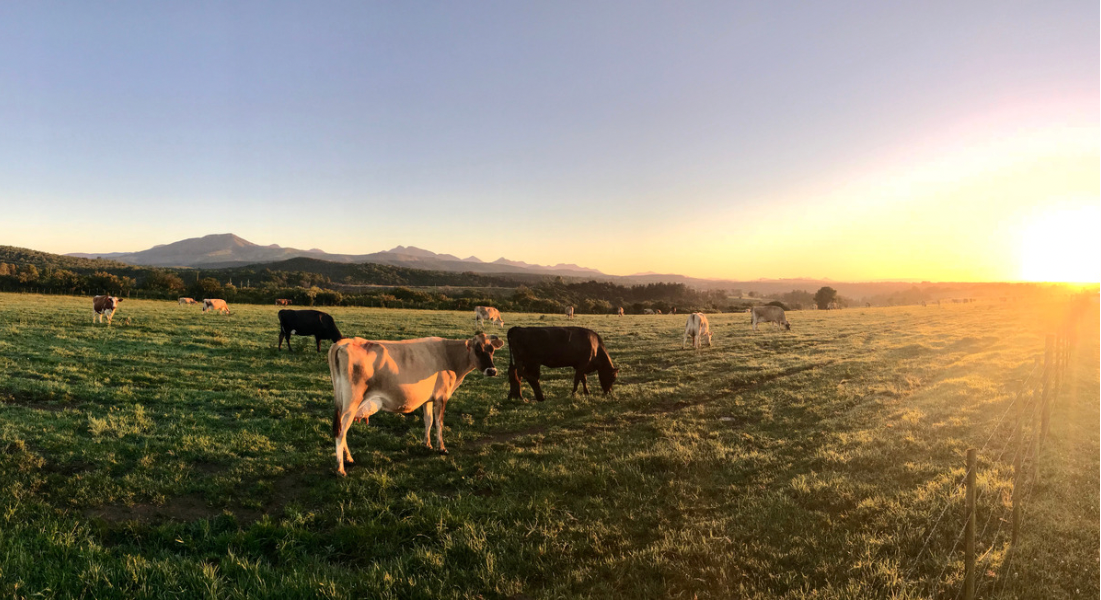
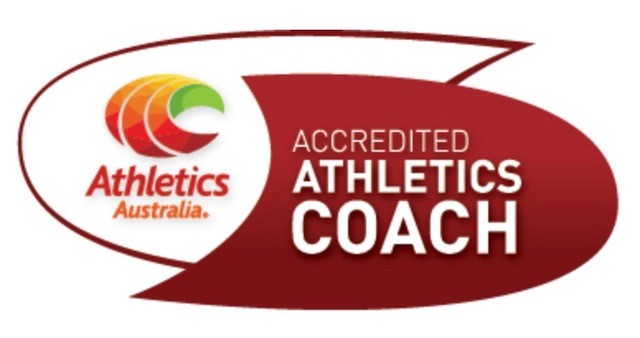


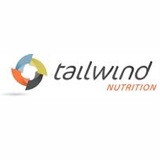
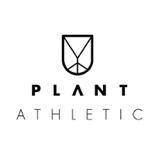


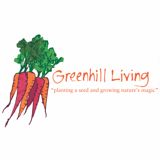
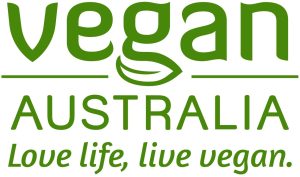

Leave a Reply